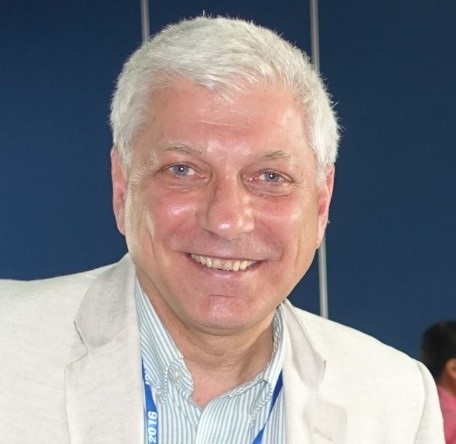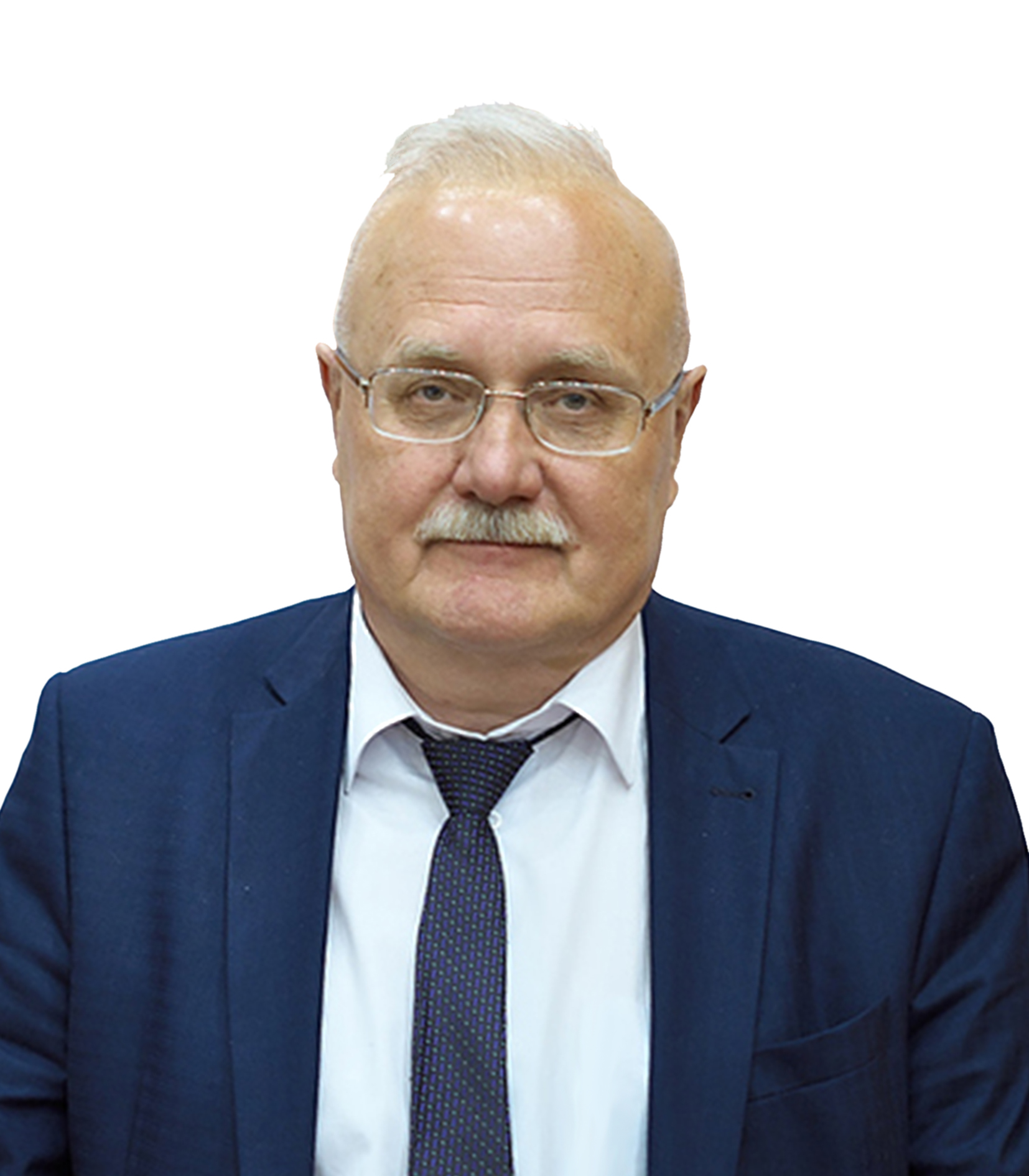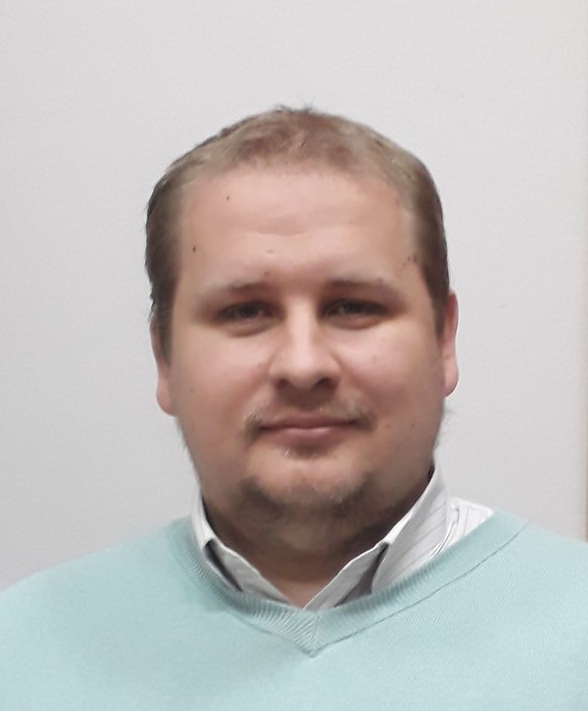The 2nd International Workshop on Information, Computation, and Control Systems for Distributed Environments
When
July 6–7
2020
Where
Russia, Irkutsk
Lermontov St. 134
 |
Andrei Tchernykh, CICESE Research Center, Ensenada, Mexico http://usuario.cicese.mx/~chernykh/ SPEECH: "Uncertainty and optimization in cloud computing" |
|
About the Speaker
Andrei Tchernykh is holding a full professor position in computer science at CICESE Research Center, Ensenada, Baja California, Mexico
He is Chair of the Parallel Computing Laboratory at CICESE, Mexico and “Laboratory of Problem-Oriented Cloud Computing” at South Ural State University, Russia. He is researcher of ISP RAS - Institute for System Programming of the Russian Academy of Sciences and MIPT - Moscow Institute of Physics and Technology, Moscow, Russia. Abstact In this talk, we discuss the opportunities and challenges of mitigating uncertainty in cloud computing. We analyze the structure of uncertainties arising from performance and bandwidth changing, virtualization, and elasticity, among others. We also describe uncertainty associated with workload properties, dynamism of the execution context, and uncertainty associated with such important aspects as privacy, security, and availability. |
|
 |
Igor Sheremet, Russian Foundation for Basic Research SPEECH: "Resource-based games" |
|
About the Speaker
Born March 23, 1956 Main contributions
In 80-90th developed “Set-of-Strings” mathematical framework for Data and Knowledge Engineering, providing knowledge-based implementation of Big Data, Internet of Things, Security Information and Event Management (SIEM), and various associated up-to-date technologies. Abstact Article is dedicated to the multigrammatical modelling of games. Basic notions and definitions, concerning multisets and multiset grammars, are considered. So called resource-based games (RBG) are introduced, and representation of their simplest class – antagonistic RBG – by filtering multiset grammars is considered in details. More sophisticated cooperative and coalitional RBG are proposed. Directions of further development of RBG by application of multigrammatical framework are discussed. |
|
 |
Igor Bychkov, Matrosov Institute for System Dynamics and Control Theory of the Siberian Branch of the Russian Academy of Sciences, Irkutsk, Russia http://idstu.irk.ru/en/Bychkov_IV/ SPEECH 1: "Swarm optimization approach to non-stationary physical field survey problem using a group of autonomous underwater vehicles" SPEECH 2: "Situational awareness for distributed mobile robot teams under limited communication" |
|
About the Speaker
Igor Bychkov is the Deputy Chairman of SB RAS for scientific work, Director of the Irkutsk branch of the SB RAS. Abstract: "Swarm optimization approach to non-stationary physical field survey problem using a group of autonomous underwater vehicles" The paper considers the problem of searching for the source of a non-stationary physical field. We assume that the use of swarm algorithms may be applicable in this case. A hybrid of the Whale Optimization Algorithm and Grey Wolf Optimizer is proposed in this paper. The algorithm has several advantages over its origins: a more precise solution of the optimization problem for low-dimensional functions and a higher convergence rate of the first iterations. Two modifications were made to adapt the algorithm to the requirements of the problem. The proposed algorithm is used as a basis for a control strategy for a group of autonomous underwater vehicles. As a result, in the vast number of cases, the group can find the source within the given number of search iterations. Abstract: "Situational awareness for distributed mobile robot teams under limited communication" A high level of team situational awareness is essential during complex, large-scale missions of autonomous mobile robots. When a situation appears that needs inter-agent interaction for cooperative decision-making, the basic understanding of the current conditions ought to be identical within the group. To achieve this requirement, all emergent information of acute importance must be promptly shared among team members. It is a non-trivial problem for large-sized and distributed robotic teams, especially under hard communication constraints. The problem considered in this paper is to find an efficient emergency broadcasting strategy for search and survey operations of the robotic groups providing the fastest way for any agent to aware the remaining team in case of any unexpected changes. A number of simple ruled-based heuristics is proposed to treat the problem. The comparison between the suggested approaches is made regarding both the quality of the obtained solutions and the working speed. |
|
 |
Mikhail Babenko, North-Caucasus Federal University, Stavropol, Russia SPEECH: "Computationally secure threshold secret sharing scheme with minimal redundancy" |
|
About the Speaker Mikhail Babenko graduated from Stavropol State University (SSU) in 2007 with degree in mathematics. Received Ph.D. degree in mathematics from SSU in 2011. He works as assistant professor in Department of Applied Mathematics and Mathematical Modeling since 2012. He is an author of over 63 publications and 5 patents. His research interests include cloud computing, high-performance computing, residue number systems, neural networks, cryptography. National, international projects and industrial collaborations: 11 national projects and 3 project under Federal target program Russia Federation. Abstact
A well-developed and technologically advanced telecommunication infrastructure stipulate a rapid growth of electronic data exchange. Nowadays, it is common for the public and private institutions as well as the industrial companies to outsource massive electronic databases to storage centers. The cloud computing technology allows the users to work with such centers without even knowing their internal structure. However, storing all the data in one center creates a single point of failure and raises privacy and availability concerns, especially in the sense of disaster preparedness and recovery. Secret sharing is a cryptographic technology, which allows us to address both privacy and availability issues simultaneously. |
|